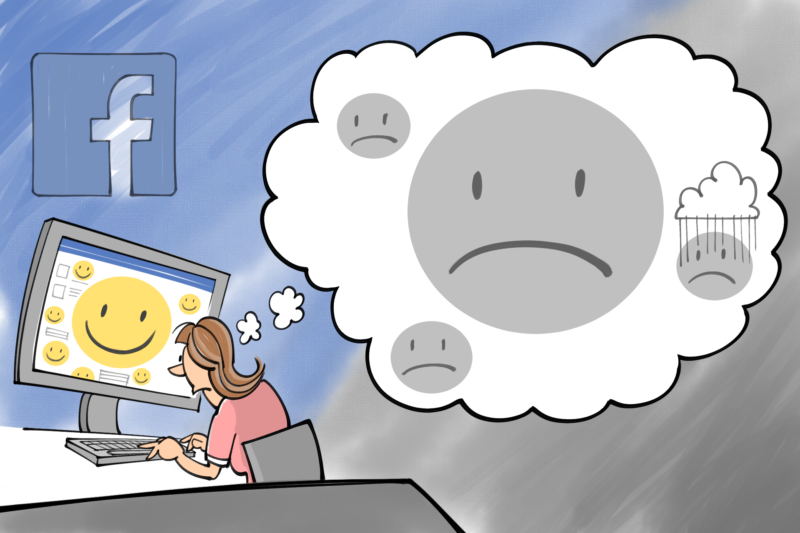Excerpt from The Four-Dimensional Human by Laurence Scott. Copyright © 2015 by Laurence Scott. With permission of the publisher, W. W. Norton & Company, Inc. All rights reserved.
'The 'four-dimensional human' is my name for a person whose life is divided between the physical world and the digital realm, with all of its new expectations, wonders and emotions. I wanted to explore the tension between our anxieties over digital technologies and the idea that we can no longer exist as fully fledged citizens without them.
--Laurence Scott
A study has recently suggested that our sleep hormones are being blanched from the light of our various nighttime screens. As a result we may sleep less well, and wake up more tired. Our phones are black on the bedside table, sleeping the sleep of the just, but their light swirls on behind our closed eyes, so the survey says.
We resolve, in the dark, to get an old-school alarm clock, and to keep the phones and laptops on the other side of the bedroom door. Everything must go. Except there’s no landline now, sitting venerably on that little table by the stairs. What if someone needs to call us in the middle of the night? That is a call we should take. And so the phone stays resting on the nightstand, undisturbed.
Oh, those studies. Despite them being everywhere, most of us, most of the time, see them out of the corners of our eyes; we catch them fluttering down the pavements, we hear snatches of them on the wind. Most of us have little inclination to spend much time at the coal face of raw findings. But we get the gist, and the gist is not good.
Fearing the toxicity of our gadgets is not a new pastime. On Christmas Day in 1991, my aunt, then in her late 50s, sat in her dressing gown with the electronic memory game Simon in her lap. On my request she was giving this new present a reluctant go, tapping at its four, big, colored buttons, as they lit up in sequence. I remember Simon flashing and bleeping with the ponderous, patronizing lethargy of its easiest setting. When it eventually caught her out she passed the plump little flying saucer back to me and straightened the skirts of her dressing gown. "They say all this electrical stuff will give us cancer," she remarked.As well as stunning our melatonin like a deer in the headlights, our screens are, it seems, less easy to learn from. While there is still much debate, there have been enough proclamations for these headlines to bypass our brains and go straight into our nervous systems. We worry for our concentrations, our ability to absorb information and to memorize. It is easy and understandable to feel that we are running our own labs, producing reams of intuition, if not data. A friend’s mother warned him not to keep his phone in his pocket--‘"You’re microwaving your testicles." No body part, or faculty, is safe. Meanwhile, studies about the health benefits of pet ownership glow with good tidings, year after year.

